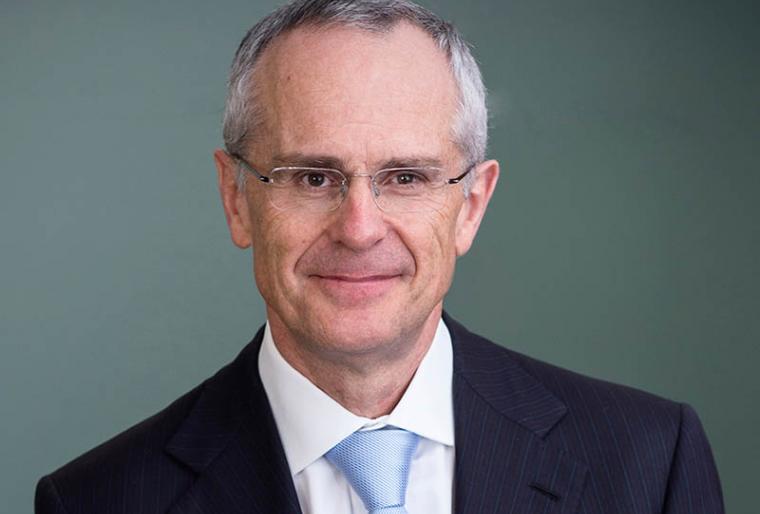The production of journalism is too important to be left “entirely to market forces”, and the government may be required to intervene to curb the powers of tech giants like Facebook and Google, ACCC chair Rod Sims said.
In a speech to the International Institute of Communications Australian Chapter in Sydney on Monday, Mr Sims outlined the competition watchdog’s “world-first” inquiry into digital platforms and the role government has to play in addressing the myriad concerns.
The problem with the funding of news and journalism in Australia and the impact of Facebook and Google on this emerged as a key consideration of the inquiry.

Journalism’s importance to the general public is too great to leave its survival up to the whims of international tech companies, Mr Sims said.
“Given these benefits, we cannot simply leave the production of news and journalism entirely to market forces. Successive governments both here and overseas clearly recognise this with many countries including Australia having publicly funded national broadcasters. But society also benefits from a diverse range of media sources. Plurality of editorial voices contribute to the public interest and we should not be in a position whereby we rely on one or even two news sources,” Mr Sims said.
“Given all this, it is also vital that media businesses are not disadvantaged through the exercise of market power or other mechanisms that make it difficult for them to compete on their merits.”
While the advertising revenue of traditional print journalism companies has “migrated online” it is has not flowed to the online news sites, but rather to the likes of Google and Facebook, the ACCC boss said.
For every $100 spent by an Australian advertiser, $47 goes to Google and $21 to Facebook, with the two companies capturing 80 percent of growth in digital advertising in the last three years.
But these tech titans aren’t producing their own journalism, Mr Sims said.
“The digital platforms have not replaced media businesses as creators or producers of news and journalism. If they had, we may simply treat this as an example of creative destruction: innovation and technological change creating more effective or efficient product. While this view could be taken in relation to the advertising opportunities offered on the digital platforms, it cannot be taken in relation to news and journalism,” he said.
The “special responsibilities” on these companies need to “go further” given the extent of their power, “opacity” of their operations and the critical role they play in disseminating journalism, Mr Sims said.
“Digitalisation and the increase in online news sources also highlight inconsistencies in the current sector-specific approach to media regulation. Virtually no media regulation applies to digital platforms and this contributes to regulatory disparity between media sectors that would appear to provide the digital platforms with an unfair advantage in attracting advertising expenditure because they operate under fewer regulatory constraints and have lower regulatory compliance costs,” he said.
The ACCC released its draft report from the inquiry in December last year, including 11 draft recommendations and eight areas for further consideration.
The flagship recommendations included a powerful new regulatory body to oversee the tech giants, strengthening of privacy laws, a new Ombudsman, better transparency around data practices and amendments to merger laws.
The new regulatory body would be able to investigate and report on the operations of the digital platforms and how that is impacting media companies, Mr Sims said.
“The aim is that the regulator would provide transparency about how media content is treated by the algorithms: for example, is advertiser-funded content ranked higher than paid content? How is news content which substantially reproduces other original content ranked? The regulator could then report, at a high level, on the results,” he said.
The investigation is also focusing on how the market powers of Facebook and Google and a lack of transparency around how different content is ranked and displayed to users creates filter bubbles.
“While concerns with citizens living in a filter bubble or consuming unreliable news are not confined to journalism only accessed via digital platforms, these problems may be magnified in part due to the incentives for the production of emotive ‘clickbait’ stories,” Mr Sims said.
Do you know more? Contact James Riley via Email.

